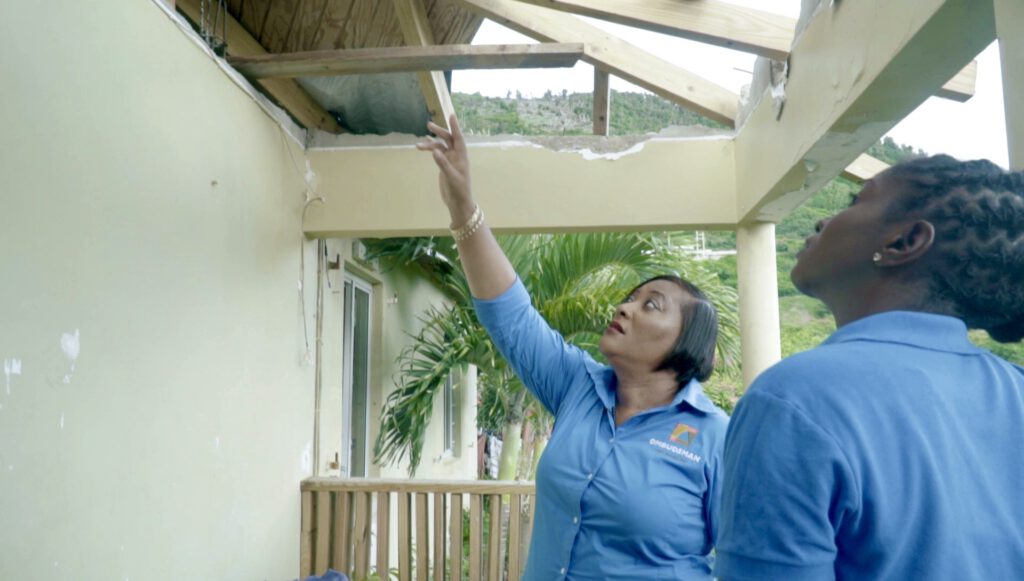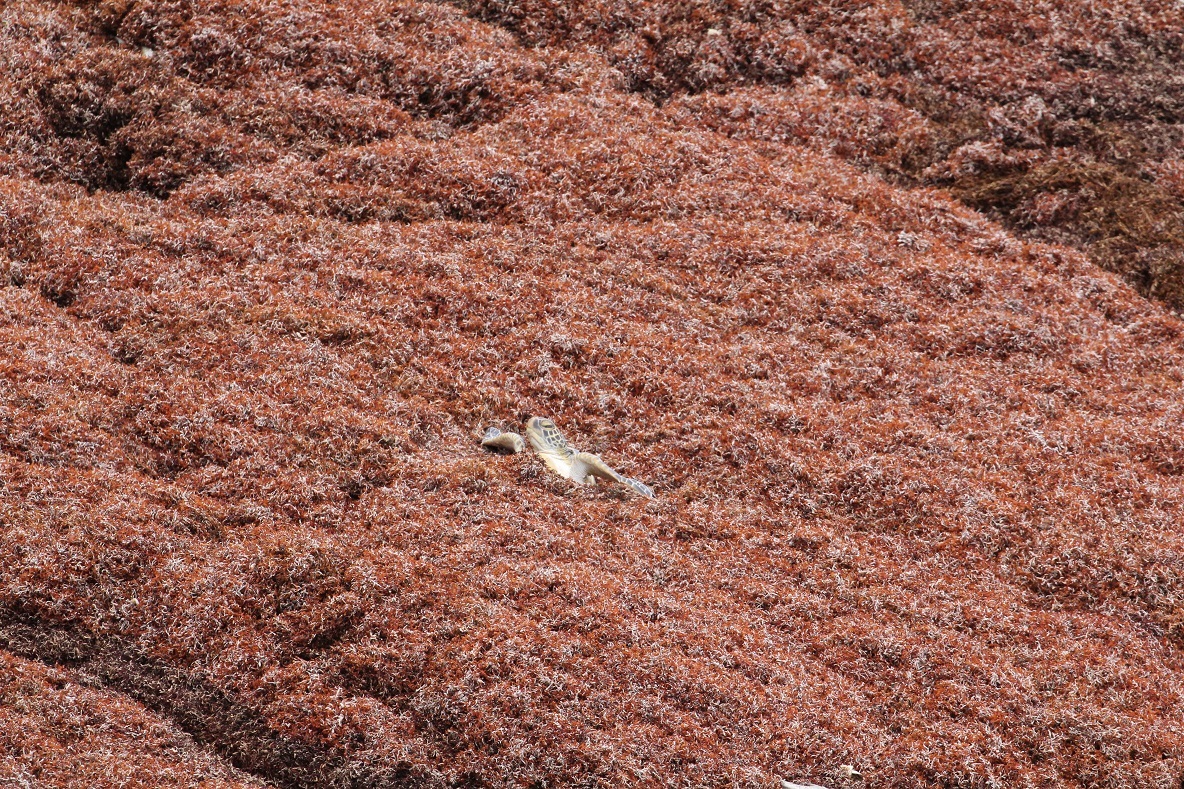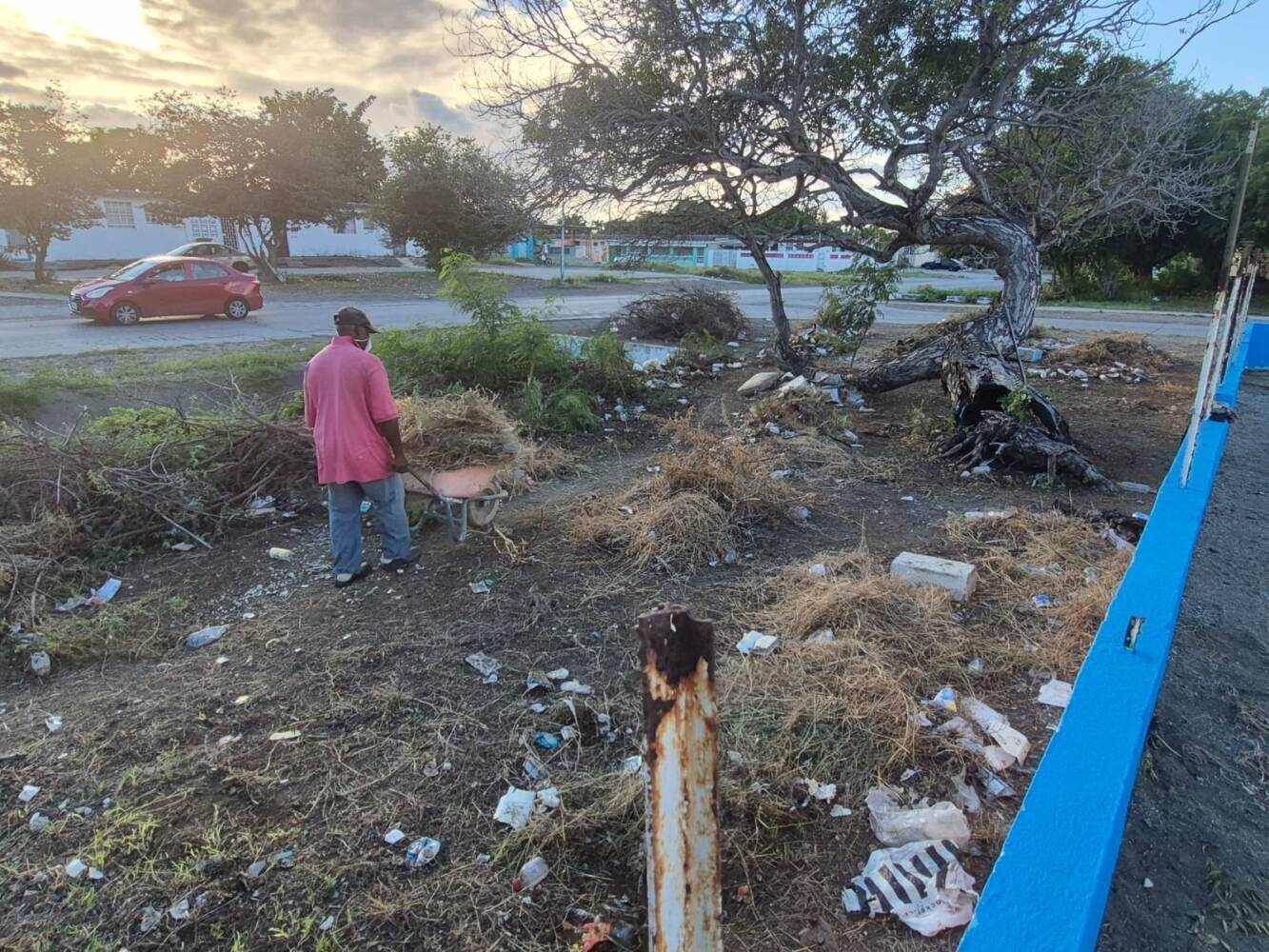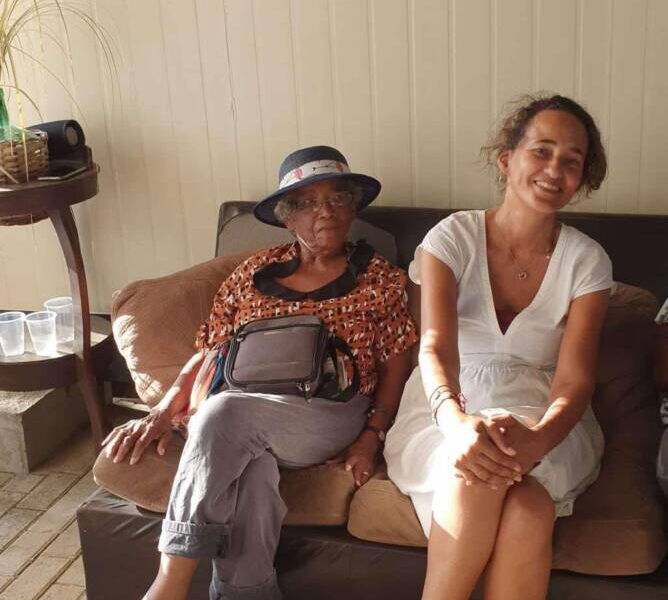The Hague – Sint Maarten’s Ombudsman is once again sounding the alarm about the rebuilding efforts. Two years after hurricane Irma a lot of roofs have yet to be repaired creating a public health issue.
Ombudswoman Gwendolien Mossel visited several homes in September. Her report, the interviews, and a video reflect the harrowing situations in which some inhabitants have to live, because they still haven’t received any assistance.
Ten percent repaired
“Our research has shown that about ten percent of the homes have been repaired”, says Mossel. “Calling it a crisis would not be an exaggeration.”
The communication with individuals who need help happens at an ‘excruciatingly slow’ pace. “People are trying their best to make repairs, but when it comes to their roofs they depend on help.”
Miss Hanson, a retiree who lives alone, tells the story of the denigrating treatment she received when she called to ask for help once more. “It makes me feel as if I’m a beggar.”
Her damaged home was – as with many other homes – visited to see the scope of the repairs needed, but the help never came.
Health in danger
During the two years since the hurricane, health risks have developed, like allergies. “There are walls that are covered with mold due to the rain that still flows into the house.” The psychological strain on the island was already high after hurricane Irma, but it’s intensifying due to the slow repairs, warns Mossel.
Not enough manpower, too much bureaucracy
The funds are available but according to the report, the government of Sint Maarten still doesn’t have the manpower and expertise to repair homes. The report on the state of home repairs points to several parties; the World Bank who manages the funds, the government of Sint Maarten and the government of the Netherlands
‘Get rid of the World Bank’The biggest obstacle according to the Ombudsman for Sint Maarten is the ‘bureaucratic and time wasting’ World Bank. The institution manages about 470 million euros destined for the rebuilding efforts on behalf of the Dutch government. “I don’t believe we should fall under the purview of the World Bank”, says Ombudswoman Gwendolien Mossel. “Because for the people, it’s taking too long.” Mossel also spoke to King Willem-Alexander last week. “A different approach needs to be developed. And I hope that the King understands that.” |
Dutch government’s role
It is not the first time that the Ombudsman for Sint Maarten has sounded the alarm. A scathing letter that was co-written by both Sint Maarten’s and the Netherlands’ Ombudsmen was sent to Prime Ministers Mark Rutte and Leona Marlin-Romeo back in July 2018.
“They didn’t follow our recommendations”, says Mossel. “Every year that passes by, is a year closer to another monster hurricane thanks to climate change.”
The Netherlands Court of Audit and parties in Parliament have both warned about the slow rebuilding efforts.
The Ombudswoman warns that the Dutch government can no longer “classify the inertia as a surprise or unexpected”. Mossel emphasizes that the Dutch government was well aware of the risks when it chose the World Bank to play a crucial role.
Watch the entire video of the Ombudsman for Sint Maarten, with home visits and interviews.








